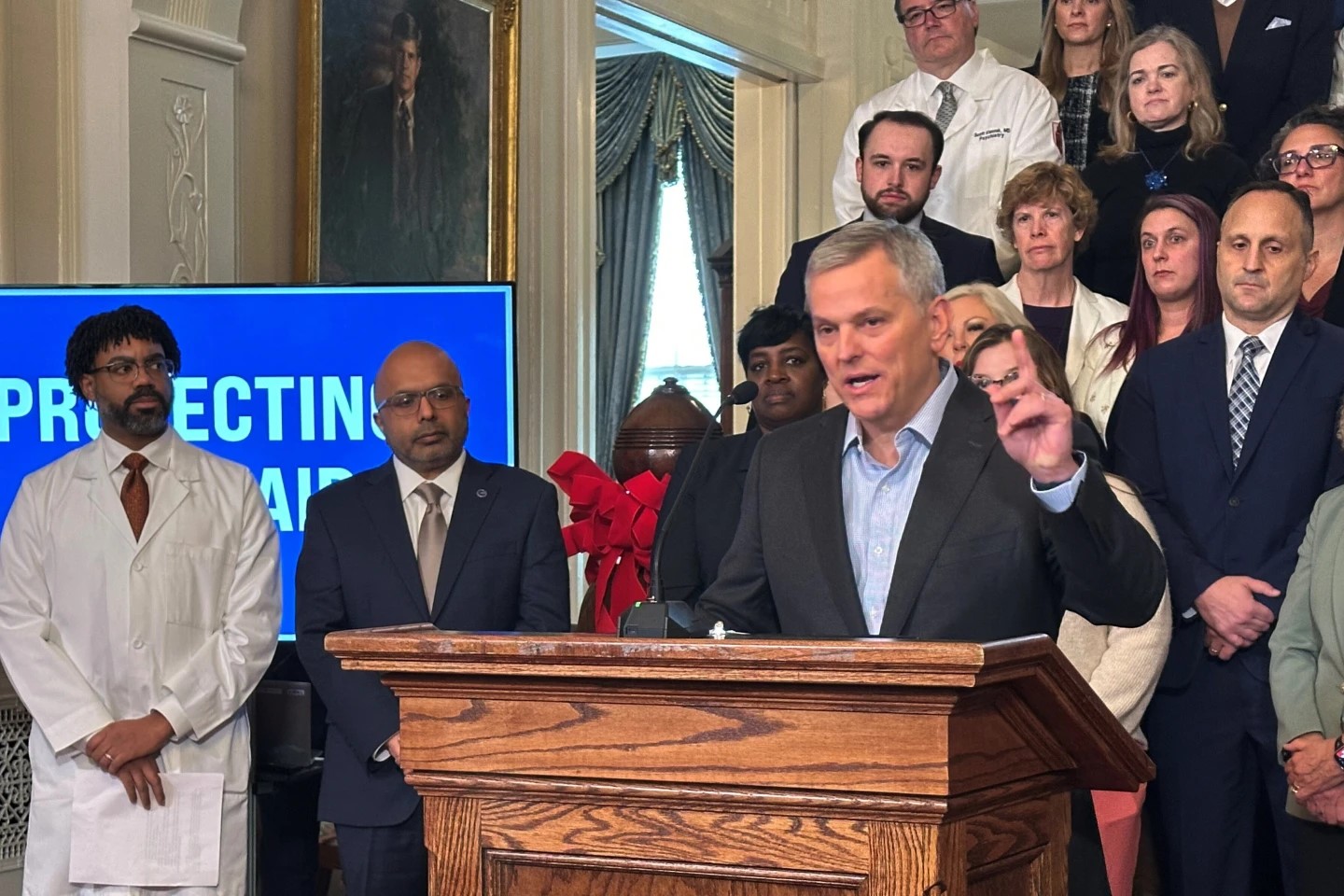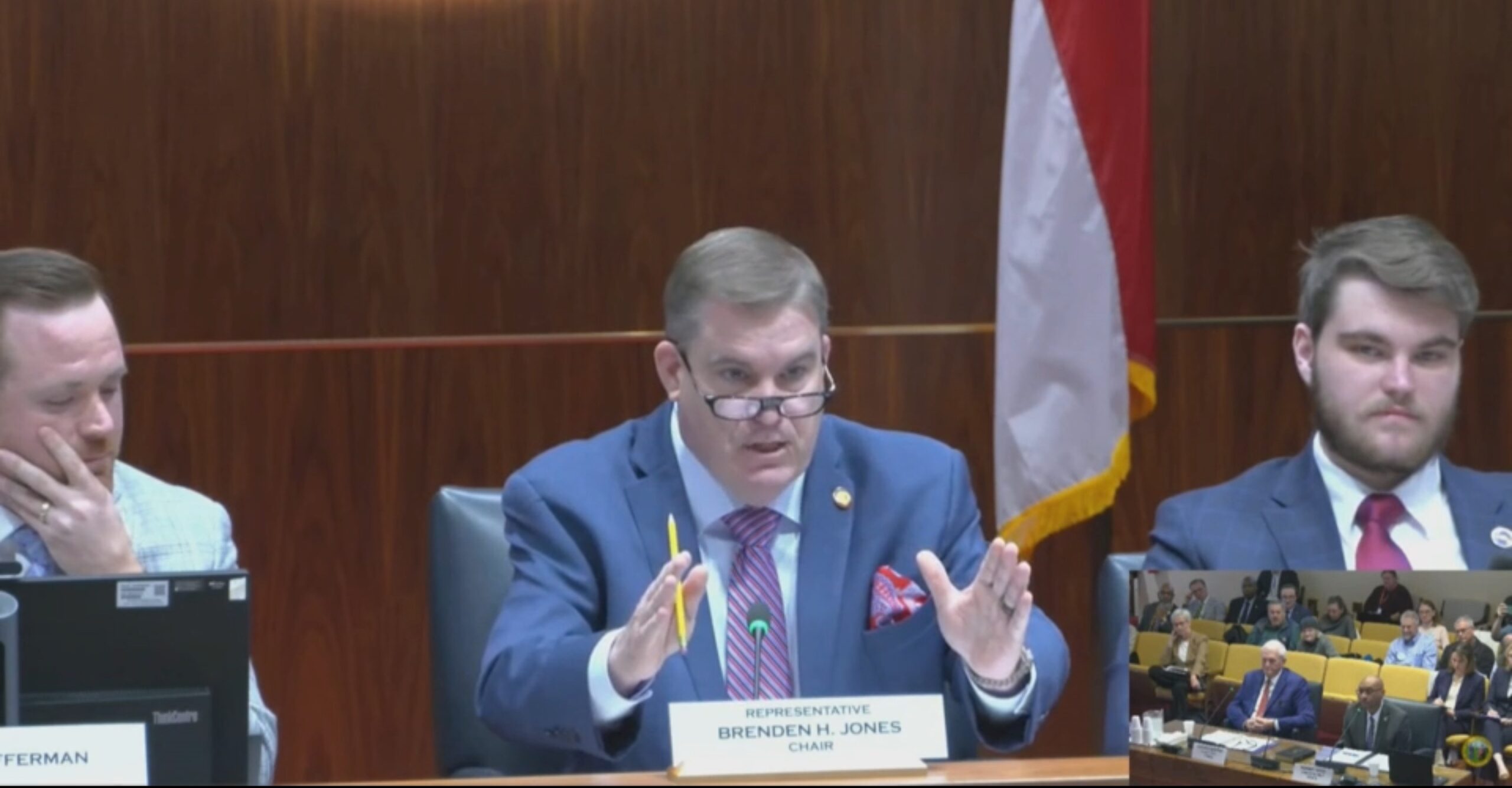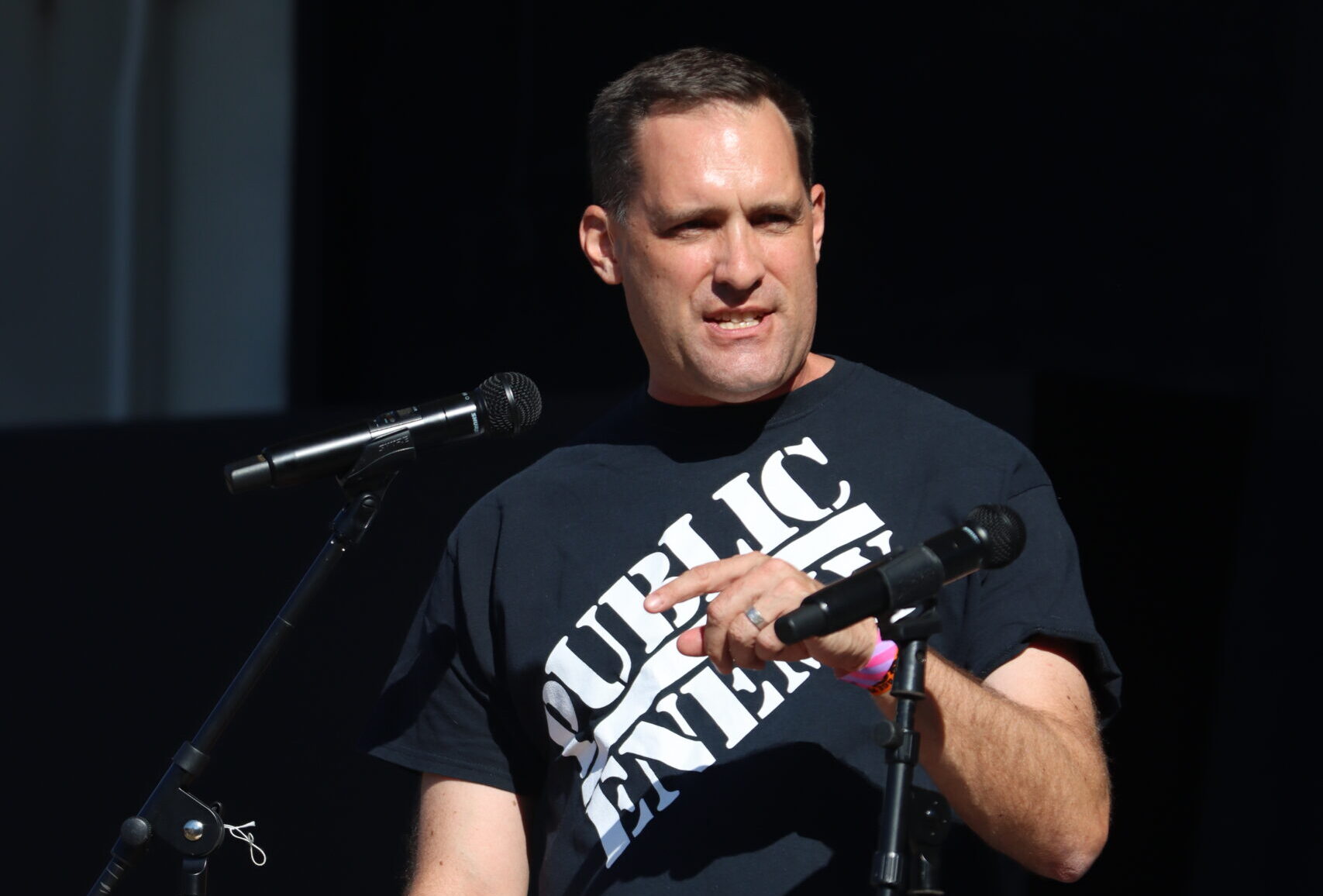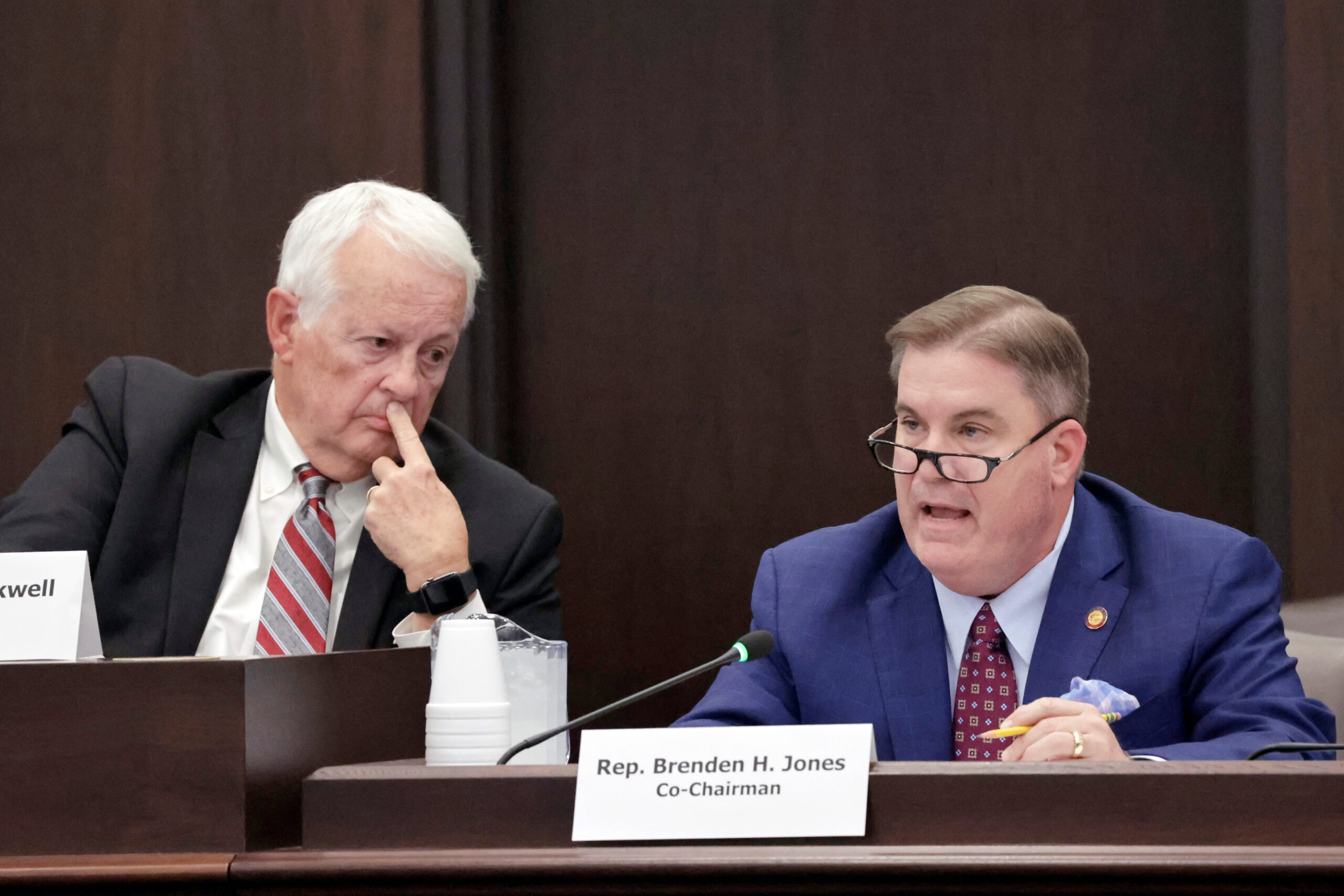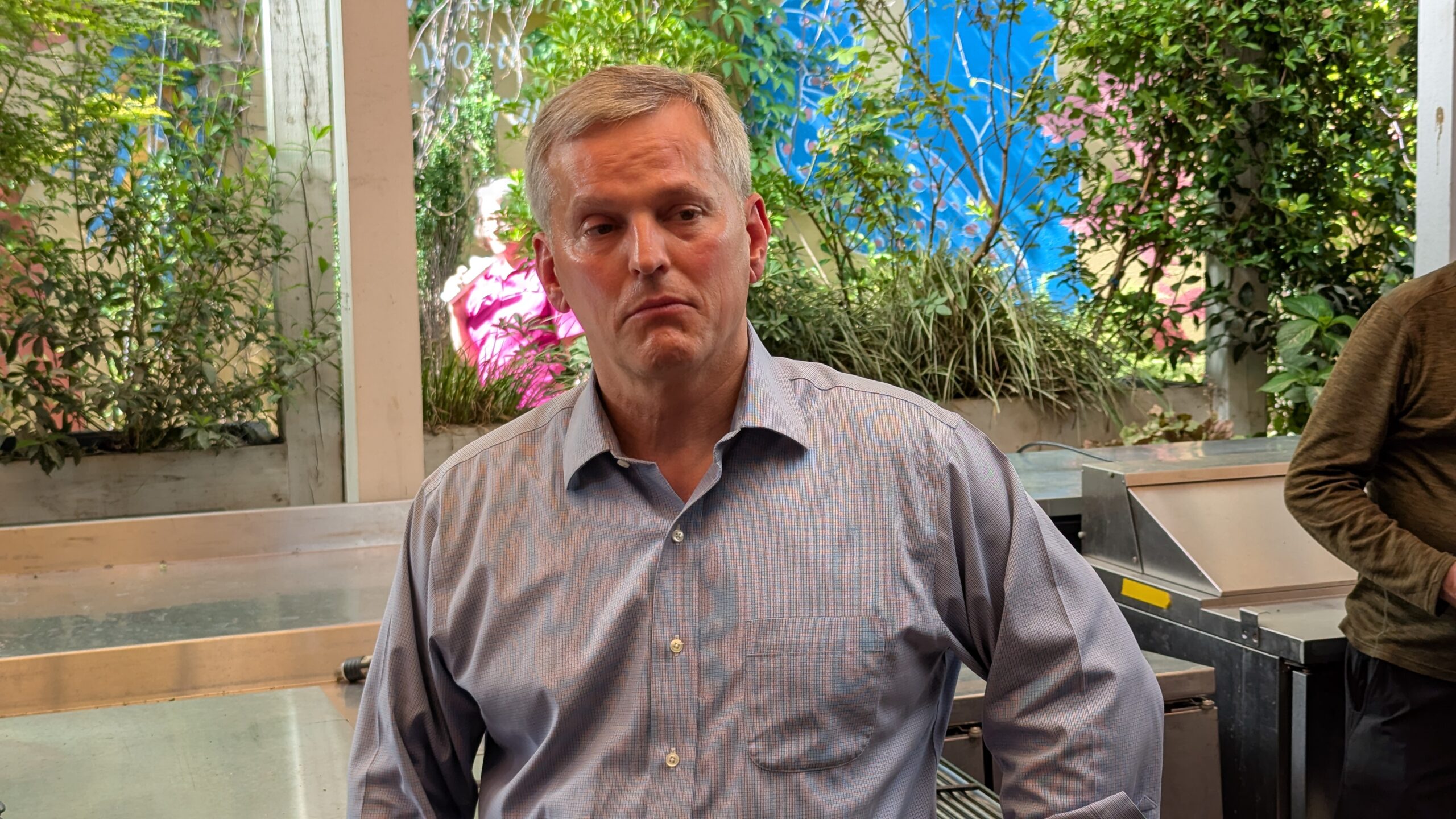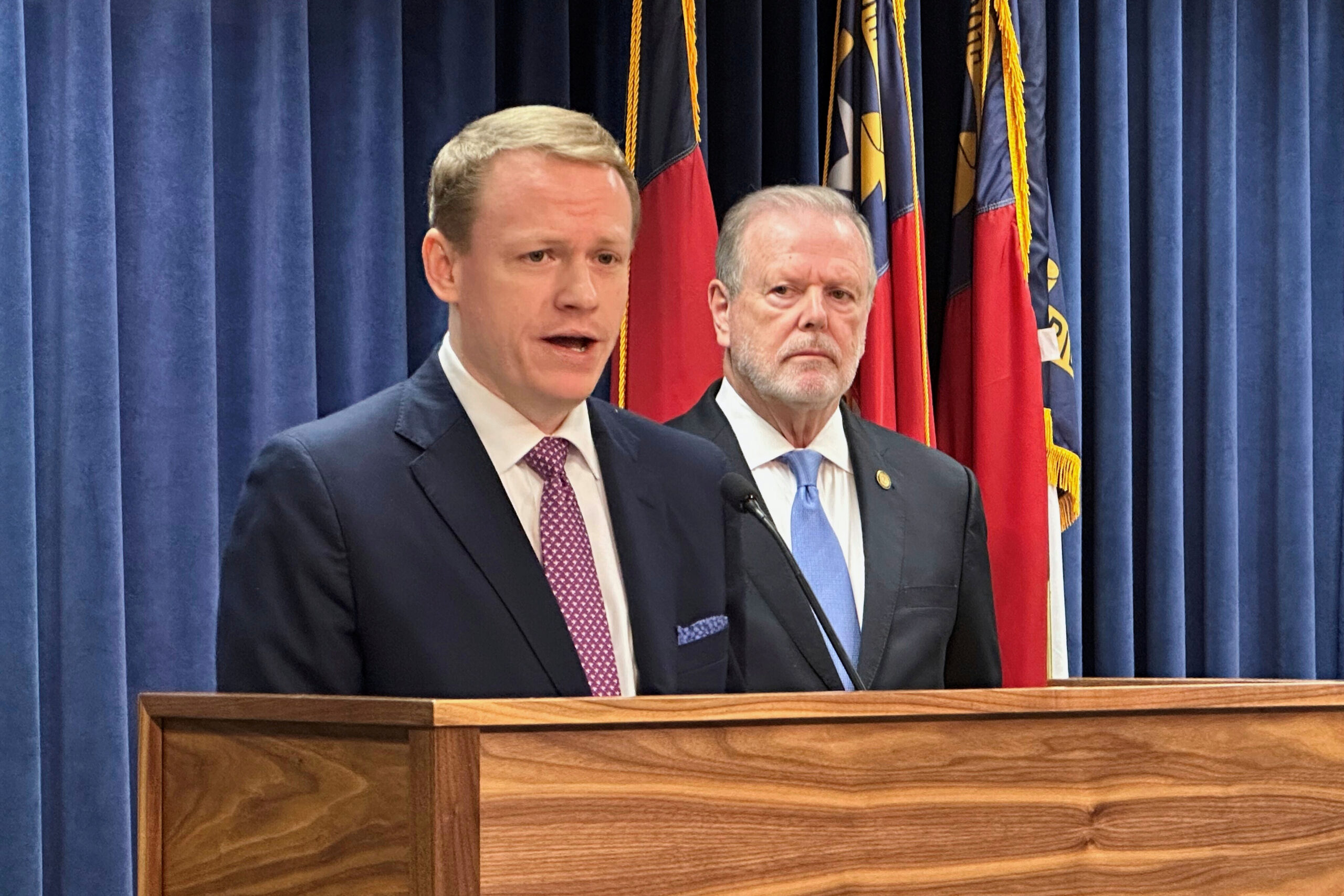***UPDATE: The North Carolina House voted on Monday night to remove the spending cap that was initially placed on light rail spending in the state budget signed earlier this month.
The state Senate is expected to vote on the legislation Tuesday. If passed, the bill would then go to Governor McCrory for his signature. ***
A surprise cap on light-rail projects in the recently signed North Carolina state budget may be short lived, if some lawmakers get their way.
Local Democratic House Representative Graig Meyer says a cloud of mystery is still hanging over the implementation of a $500,000 spending cap on light rail projects in North Carolina, a cap that some have called a “project killer” for the proposed Durham-Orange Light Rail line.
“The Durham and Orange County legislative delegation were concerned about the budget provision that limited spending on light rail,” he says, “because no one in legislative leadership talked to any of us before inserting that into the budget.
“And no one will tell us who inserted it or why.”
Meyer says a proposed amendment has bipartisan support from urban representatives after Wake County Republicans were able to remove language that would place additional caps on Wake County spending.
“Two of the Republicans who were instrumental in removing the Wake County provision were also agreeable to working with our delegation, who are all Democrats, to try and address the Durham and Orange County issue,” he says. “We’re likely going to try and do so on Monday night when that bill moves to the floor for a full vote from the House.”
Meyer says it is too late to make any changes to the budget that was signed earlier this month, but the proposed amendment would nullify the spending cap.
Meyer adds there are multiple reasons some Republicans are joining the local Democrats in the fight to remove the cap.
“One reason is that it changes something that the Republicans put in place last year,” he says, “which was supposed to be a non-political process for identifying how to fund transportation needs. Instead of everything in transportation going to whoever is the most powerful and could get it for their district, to have something that’s actually based on needs and the number people that it would help.
“This starts to unravel that plan, and the people who worked on that plan don’t want to see their idea get chipped away at.”
Meyer says other Republicans are interested in removing the cap because they see it as overreach from state lawmakers into local issues.
The cap has a major influence on the feasibility of the Durham-Orange Light Rail proposal because the $1.6 billion project is counting on 25 percent of the funding coming from the state, with 50 percent coming from federal dollars and the remaining 25 percent from local money raised through the sales tax change implemented in Durham and Orange Counties.
Meyer says he is encouraged to see initial support from some Republican members of the House, but that by no means guarantees the amendment receives the needed support.
“All of this, of course, is contingent upon getting the support of the majority of both chambers,” he says. “And we’re not sure where the Republican leadership will come down on this because they certainly were in favor of the cap that was put in place in the budget.
“They may not be fans of our efforts to try and change that cap.”
Meyer says he has heard from constituents who are against the current light-rail proposal.
“I think that people on both sides of the light rail debate in Orange County have legitimate points,” he says. “I represent rural Orange County for the most part, as well as a little bit of Chapel Hill. And I understand why many of the rural residents are concerned that light rail isn’t going to meet some of their needs.
“And I think there are some legitimate concerns about whether the current light-rail plan is the right plan.”
But Meyer adds details of the plan can be negotiated to find a compromise as long as there is funding from the state.
“In this case, I’m trying to work to undo the budget cap because I feel like the budget cap was a bad piece of policy that was enacted in a bad way,” he says. “And that the concerns that are legitimate about what is going to happen with light rail are ones that can be negotiated through our local elected officials who are part of the team that’s trying to figure out what’s the best way to move forward with public transportation.”
Two public hearings on the current light-rail proposal are scheduled for Tuesday and Thursday.

